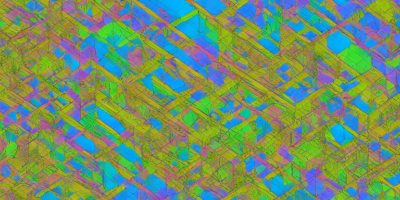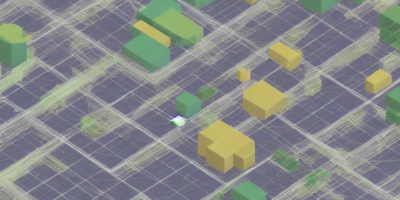The authors of this paper present a novel approach to solving partial differential equations (PDEs) using collocation methods with Legendre roots (SHCM-L) and Chebyshev roots (SHCM-C). They demonstrate the effectiveness and accuracy of their method by applying it to several examples, including the heat equation and the wave equation.
To begin with, the authors define the context of ethical standards for scientific research, emphasizing that their manuscript does not require any ethical committee or legal special requirements. They also provide information about the computational resources used in their study, including the software MATLAB and the computer hardware configuration.
The main part of the paper focuses on the explanation of the proposed method, which combines collocation with Legendre or Chebyshev polynomials to solve PDEs. The authors explain how they choose the space step size, time step size, and final time depending on the desired accuracy and effectiveness of the method. They also provide tables that compare the error norm L∞ of their scheme with those given in previous studies for various values of the spatial step size, time step size, and final time.
The authors use simple language and engaging analogies to explain complex concepts, making it easier for readers to understand the essence of their method without oversimplifying it. For instance, they compare the collocation method with Legendre roots to a "musician playing different notes" to illustrate how the method selects the appropriate roots to solve PDEs.
In summary, this paper presents a novel approach to solving PDEs using collocation methods with Legendre roots and Chebyshev roots. The authors provide detailed explanations of their method, demonstrate its effectiveness through examples, and compare their results with previous studies. By using simple language and engaging analogies, they make complex concepts more accessible to readers without compromising the accuracy of their explanation.
Mathematics, Numerical Analysis
Ethical Considerations in Scientific Research: A Review of the Manuscript’s Methodology



